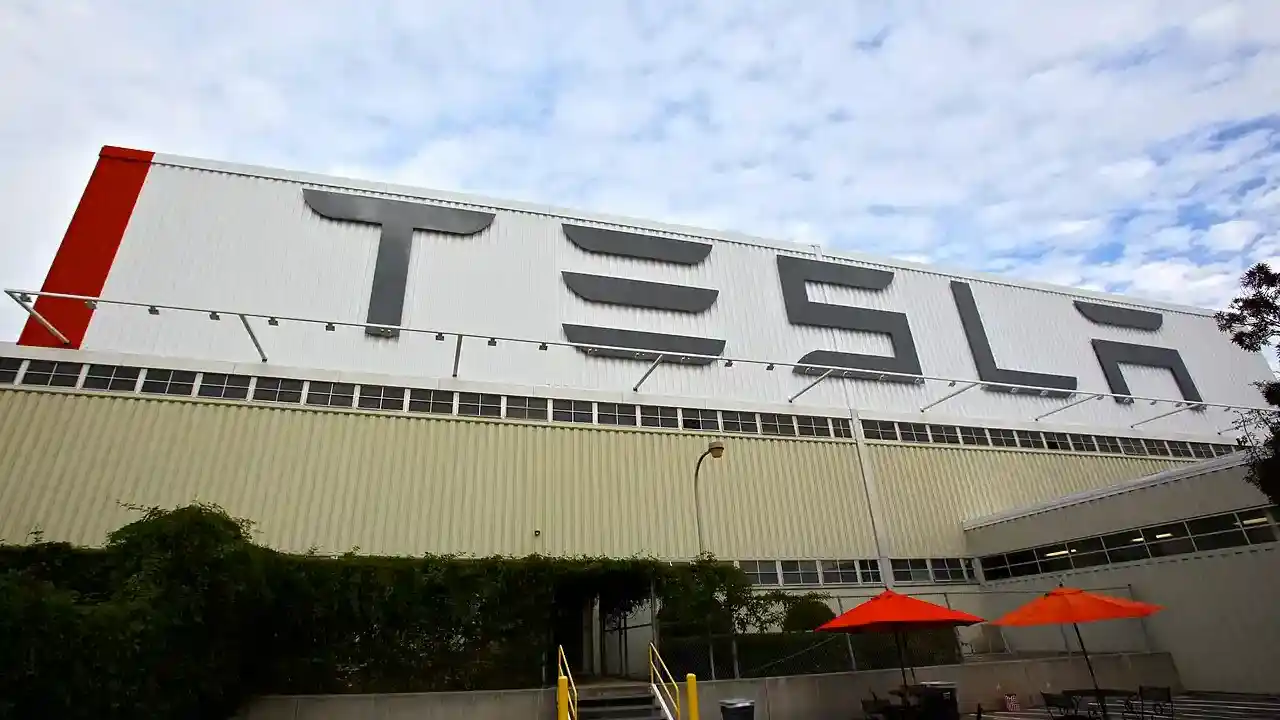A Political Power Play That Backfired
Elon Musk’s proximity to power has always been part of his mythos. But his aggressive entanglement with Donald Trump and the short-lived DOGE administration has cost Tesla shareholders dearly—twice. The first time unfolded gradually, as Musk’s visible support for far-right European politicians alienated customers in key markets like Germany and France. Meanwhile, in China, rising competition chipped away at Tesla’s lead. Amid the turmoil, Musk was busy in Washington slashing departments and headcounts rather than steering his struggling automaker. As a result, Tesla’s stock and earnings took a significant hit.
Yet even during this chaotic chapter, there was a strategic upside.
"Even before DOGE, Musk clearly had too many spoons in too many pots through SpaceX, Neuralink, X and his other ventures, then he got even more preoccupied by putting another spoon in another pot." — Eric Talley, Professor of Law and Business, Columbia University
Talley pointed out that Musk’s position within the administration served as an “insurance policy” for Tesla—close proximity to policymaking offered a potential competitive edge.
That supposed safety net has now snapped.
From Political Leverage to Strategic Liability
Musk’s resignation from DOGE on May 30 didn’t come with a refocus on Tesla’s growing list of challenges. Instead, it was followed by a dramatic rupture: a very public feud with Trump himself, triggered by Musk’s scathing critique of the administration’s budget—dubbed the “Great Big Beautiful Bill.” The backlash came swiftly. On June 5, Tesla shares plummeted 14.3%—wiping out a staggering $153 billion in market value, the largest single-day loss in the company’s history. Though the stock recouped roughly a third of that the following day, it remains down 40% from its December highs.
"Musk not only walked away from an insurance policy of having a CEO situated high in government. He took out an anti-insurance policy. Any moment could erupt in a flameout from either side over social media that puts a target on Tesla’s back." — Eric Talley, Professor of Law and Business, Columbia University
Talley added that while Tesla’s competitors also face a rollback in EV subsidies, only Tesla is now dealing with the political overhang of having antagonized the president.
The Cult of Musk: Why He’s Still in Charge
Under ordinary corporate governance norms, Musk’s political excursions—and their fallout—would have triggered his ouster. But Tesla is not an ordinary company.
"If his name had been Joe Dokes, he’d be gone in a nano-second." — Charles Elson, Founding Director, Weinberg Center for Corporate Governance
Elson, a leading voice on board ethics, emphasized that no other board would tolerate a CEO using company prestige for political grandstanding. What protects Musk is his formidable control over Tesla’s boardroom. He owns about 30% of the company, and his power is amplified by large stock option grants that have enriched many directors.
Lawsuits challenging Musk’s position face an uphill battle, made steeper by Tesla’s move from Delaware to Texas—an action Elson characterizes as “a race to the bottom.”
Legal Landmines and Shareholder Rebellion
But even Musk’s grip may soon be tested. A pivotal ruling last year by the Delaware courts voided Musk’s massive $56 billion compensation package awarded in 2018—two-thirds of his total stake. Tesla has appealed the decision, but the company’s fallback options are legally and politically fraught.
Under Texas law, the board could either reinstate the pay package on its own or put the matter to a shareholder vote. Talley believes the board may now lean toward the latter to shield itself from further reputational harm.
"It might appeal to the board to go that way and count on a rejection." — Eric Talley, Professor of Law and Business, Columbia University
If shareholders vote against the package, Tesla faces a new threat: a hostile reaction from Musk himself. His diminished equity stake could sap his incentive to stay engaged, and his notoriously unpredictable nature raises the specter of retaliation. Similarly, if the Delaware Supreme Court upholds the ruling, Musk would lose much of his leverage—and motivation.
Valuation at Risk: The Musk Magic Premium
Tesla’s market value remains wildly inflated compared to its fundamentals—almost entirely thanks to Musk’s cult of personality and lofty promises of self-driving tech. The company’s core businesses—cars and batteries—have seen shrinking profits. Regulatory credit sales are propping up otherwise dismal earnings. Over the last four quarters, Tesla generated just $3.5 billion in repeatable profits, down from $12 billion in 2022.
At a multiple of 30 times earnings—triple the auto industry average—Tesla should be worth roughly $100 billion. Yet its current market cap hovers near $960 billion. That leaves more than $800 billion attributable to what can only be described as the “Musk magic premium.”

If Musk leaves, the halo effect dissipates. If he stays, his erratic behavior risks doing more damage. It’s a lose-lose scenario for investors. As Elson puts it, “Anyone else would be fired after this, but he feels he can’t be. He has this aura that makes him feel untouchable.”
That aura, however, is beginning to crack. As Musk’s conduct becomes more erratic and Tesla’s challenges mount, the burden he places on the company—both as a leader and as a liability—is becoming harder for investors to ignore. This week’s dramatic fallout is a reminder of just how quickly the myth can collapse.



